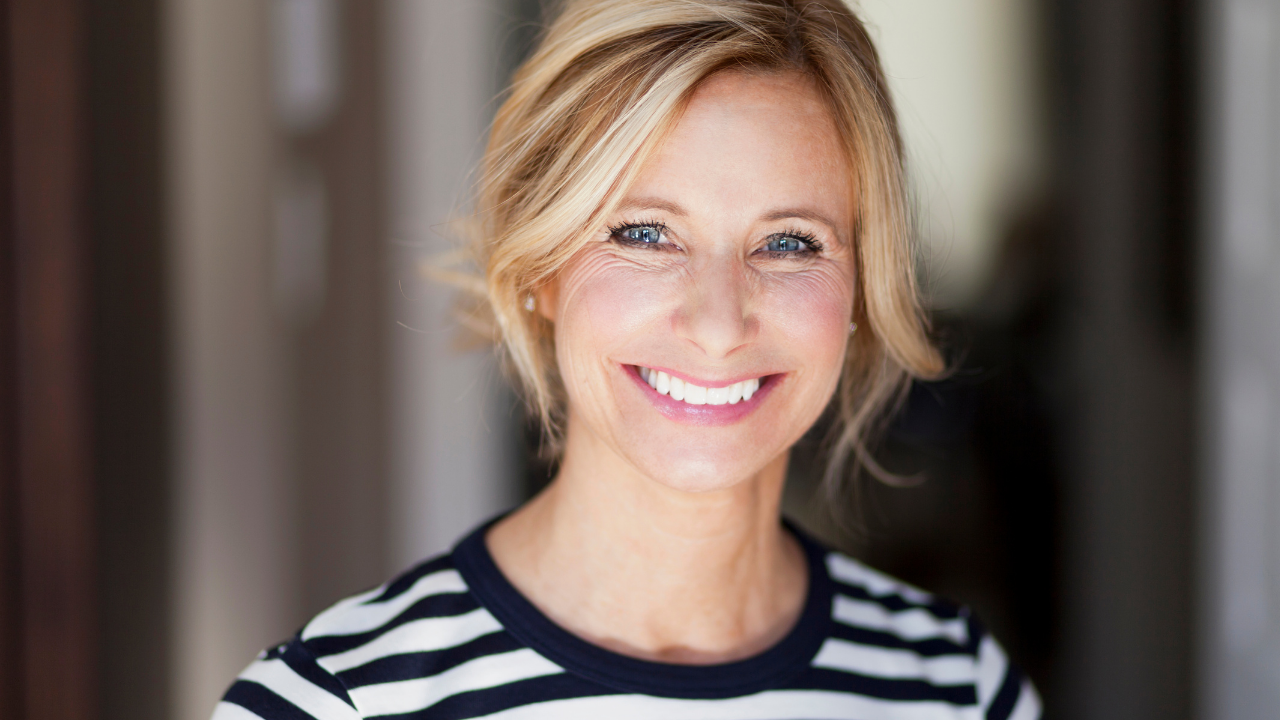
Stop Trying to Be the Good White Person
Jun 05, 2025Why “I Have Black Kids” Isn’t the Flex You Think It Is
Let’s just say it:
If your go-to defense against racism is “I have Black kids” or “I have a Black friend,” you’ve missed the point.
Yes, I’m a white parent of Black children.
And I’m telling you: that doesn’t give me a free pass.
It doesn’t mean I’ve arrived.
It doesn’t mean I’m safe.
If anything, it means I’m under more scrutiny—because the stakes are higher.
And because Black people, including my children, can sense performative whiteness from a mile away.
Black people know your whiteness better than you do.
This isn’t an insult. It’s just the truth.
Most white people were raised to believe racism is something overt and ugly.
A KKK hood. A slur. A hate crime.
So we work hard to prove we’re not that.
We overcompensate. We say things like:
-
“I’m not racist, I have Black kids.”
-
“My best friend is Black.”
-
“I marched with BLM.”
-
“I dated a Black guy in college.”
And what we think we’re saying is, “I’m safe.”
But what we’re actually saying is, “Please approve of me.”
We’re trying to earn points instead of confronting patterns.
Newsflash: Black people are not impressed by your proximity to Blackness.
They’ve seen it all before.
They’ve seen you weaponize it.
They’ve seen you center yourself.
They’ve seen you post the quote and ignore the colleague.
They’ve seen you adopt Black kids and never learn how to advocate for them.
They know your whiteness.
Better than you do.
Want to grow? Get uncomfortable.
One of the most powerful wake-up calls for me came through a film called Deconstructing Karen, led by Regina Jackson and Saira Rao. If you haven’t seen it—watch it tonight.
It’s a raw, unsparing look at white women trying to navigate race—and failing, flailing, and eventually, listening. It’s uncomfortable. It’s squirm-worthy. It’s necessary.
They also wrote a book called White Women. It’s a must-read.
You’ll either be mortified by what some white women say—or more likely, you’ll be mortified because you’ve said some of those same things. Recently.
I know I have.
And that’s the work: Not defending ourselves. Not pretending we’ve never messed up. But noticing, shifting, and doing better.
So what do we do instead?
Here’s my best advice:
Shut up and listen.
No really. Sit in rooms where Black people talk to each other, not to you.
Here are a few places I’ve learned so much:
-
🎙 Trevor Noah’s podcast, What Now? – I love hearing how Black thinkers, artists, and comedians discuss the world’s biggest issues, often through a lens I never considered.
-
🎧 The Breakfast Club – A radio show turned cultural hub, full of nuance, humor, and direct conversations about race, power, and politics.
-
📺 Pod Save the People (DeRay Mckesson) – Activism meets analysis. A sharp, informed look at policy, justice, and what really affects Black communities.
-
📚 “1619” podcast (from the NY Times) – Not just history. This is a reshaping of America’s origin story, through the lens of Black lives and resistance.
Pro tip: Don’t just listen when you’re trying to prove something. Listen when no one’s watching. Let it change you.
So... what can we say?
Instead of saying, “I have Black kids,” say:
“I’m learning what it means to raise Black children in a country built on anti-Blackness—and I still get things wrong.”
Instead of saying, “I’m not racist,” try:
“I’m unlearning racism every day. I was raised in it. It lives in me. But I’m committed to seeing it and stopping it.”
Instead of trying to be the good white person, try being:
-
Honest
-
Humble
-
Curious
-
Quiet
-
Accountable
And let your actions—not your defenses—speak for you.
No one needs you to be perfect. They need you to be real.
The goal isn’t to impress Black people.
The goal is to stop harming them.
And that means:
-
Learning what harm looks like in the mirror, not just on the news.
-
Noticing when your ego wants to be seen as “woke” instead of just awake.
-
Choosing truth over comfort, again and again.
You’re going to screw it up. We all do.
But if you’re willing to listen, learn, and stay in the work, even after the shame hits?
There’s hope for you. And more importantly, there’s hope for your children.
If you’re ready to stop trying to be the “good white person” and start becoming a grounded, conscious, useful one—let’s talk.
This work will crack you open.
It’ll save your children from carrying what you’re still unwilling to unpack.
And that, my friend, is the work of White Awake Parenting.
Marion Van Namen
Founder, White Awake Parenting
Don't miss a beat!
New moves, motivation, and classes delivered to your inbox.
We hate SPAM. We will never sell your information, for any reason.
